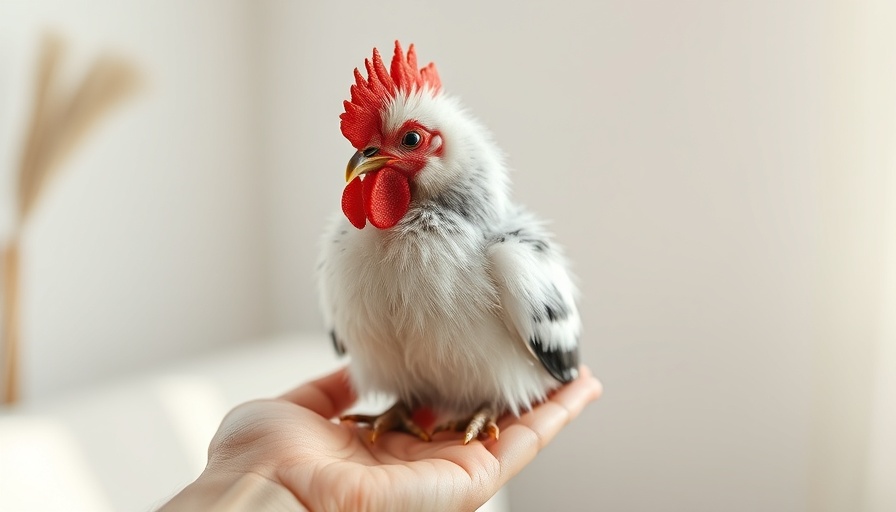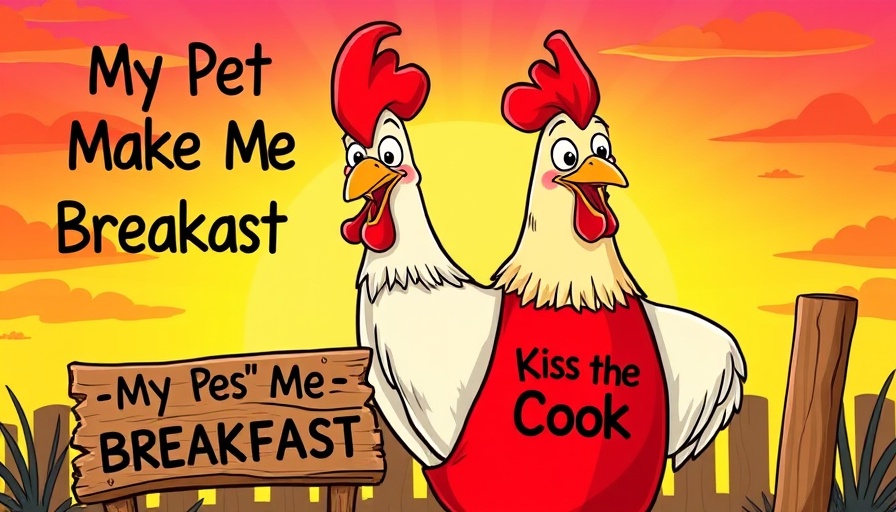
Identifying Your Potential Serama Cockerel
For poultry enthusiasts, distinguishing between cockerels and hens can often provoke confusion, particularly in the case of Serama chickens, one of the world's smallest and most beloved breeds. If you find yourself wondering whether the new addition to your flock is indeed a cockerel, there are several distinct characteristics you can observe to verify your thoughts.
Physical Characteristics of Serama Cockerels
Serama cockerels typically exhibit a few identifiable features that set them apart from hens. Firstly, the comb and wattles of males are more pronounced; a well-defined, upright red comb is a strong indicator. Most Serama cockerels have longer and larger wattles compared to their female counterparts. Secondly, watch for the feathering: Serama males tend to have thicker and more luxurious plumage as they mature, enhancing their vibrant appearance.
Behavioral Traits to Look For
Behavior is another critical aspect to investigate. Serama cockerels are often more assertive than hens. If your bird exhibits behaviors such as crowing or displaying territorial tendencies, coupled with a confident stance, these could suggest a male. Unlike hens, which generally stay close to the ground, cockerels commonly hold themselves upright with their wings positioned downward, emphasizing their regal bearing.
Egg Laying and Developmental Insights
When assessing the sex of Serama chickens, understanding their development is crucial. Hens begin laying eggs as early as 16 weeks old, producing small eggs frequently throughout the year. If your specimen hasn’t started laying by this age, it is likely a cockerel.
The Unique Allure of Serama Chickens
Originally from Malaysia, Seramas have captured the hearts of poultry enthusiasts worldwide due to their diminutive size and charming personalities. These little birds require less space than most breeds, making them excellent pets for small backyards or even indoors. Their friendly disposition and engaging behavior often appeal to families and children alike, further cementing their popularity.
Conclusion: Embracing the Joy of Serama Ownership
If you are navigating the intricacies of avian ownership, appreciating the unique traits of Serama chickens, whether they turn out to be cockerels or hens, will undoubtedly enrich your experience. Engage with existing communities to learn tips on care and raising, and ensure these delightful creatures thrive in your home.
 Add Row
Add Row  Add
Add 




Write A Comment